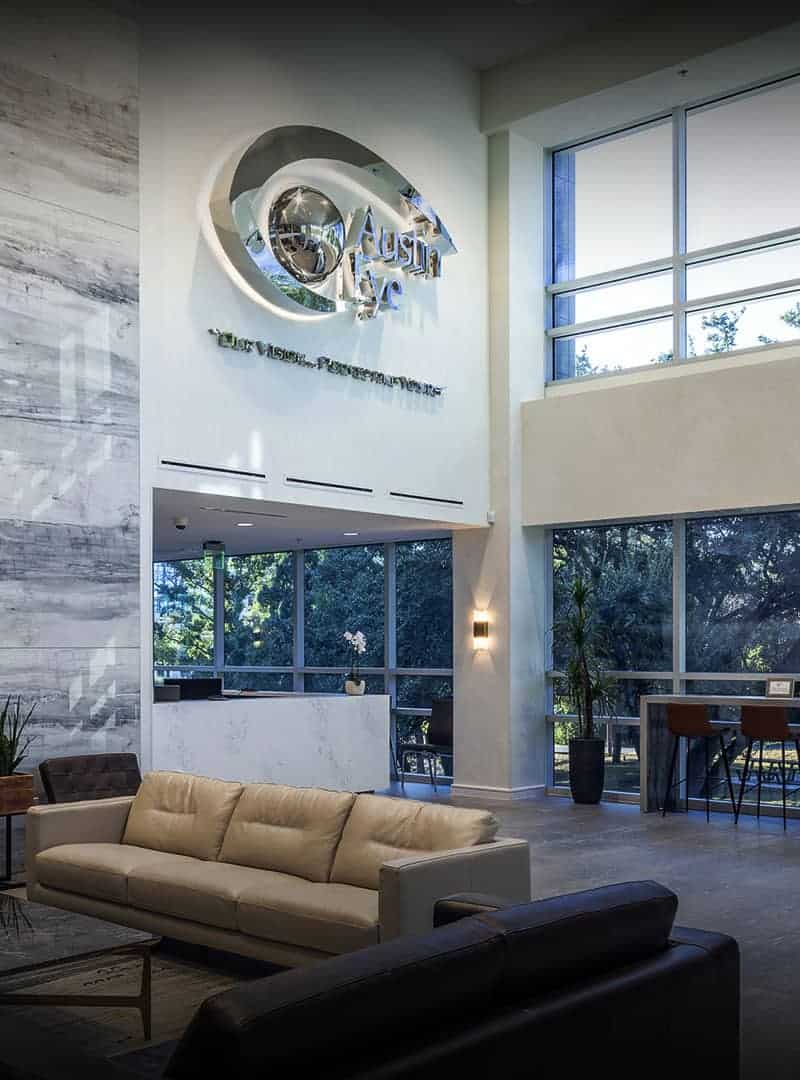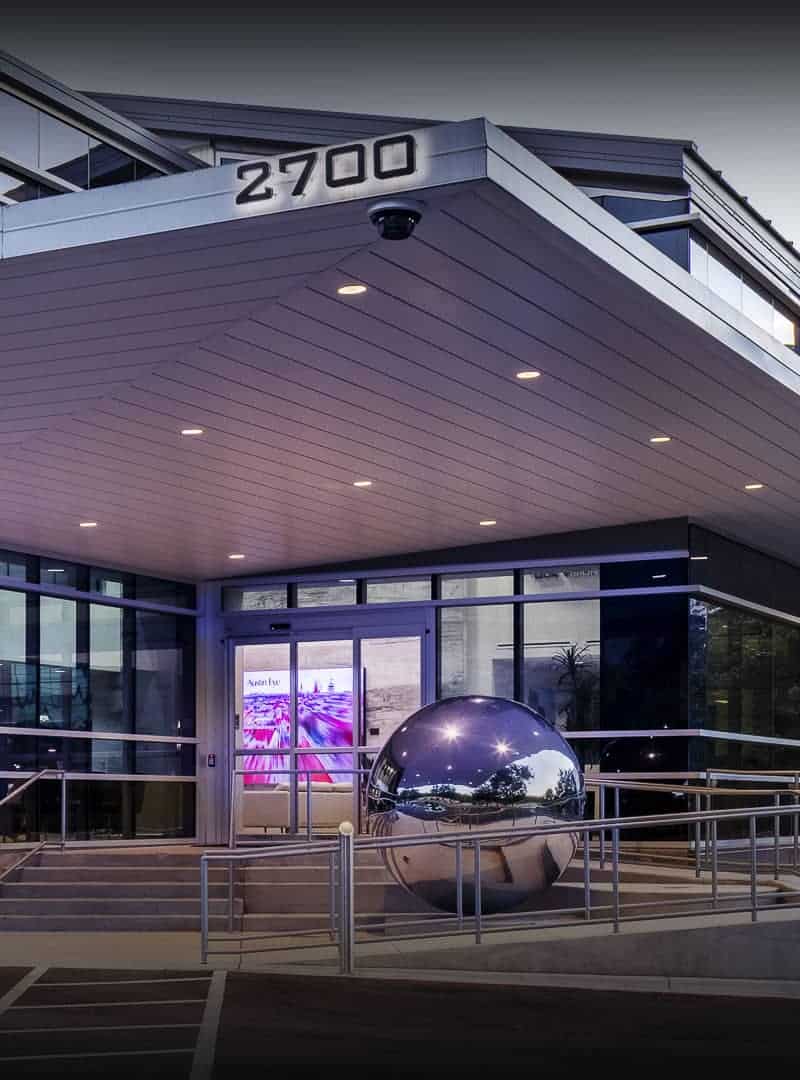
LASIK surgery has transformed the way millions of people see the world. By reshaping the cornea, this popular procedure corrects refractive errors such as nearsightedness, farsightedness, and astigmatism. But a common question for those considering the surgery is: How long does LASIK last?
LASIK is designed to be a permanent solution for refractive errors. The corneal reshaping performed during the procedure permanently alters the way light is focused on the retina, allowing for clear vision without the need for glasses or contact lenses. However, while the surgical changes to your cornea are intended to last a lifetime, other factors can affect the long-term results of LASIK.
Factors That Influence LASIK Longevity
- Age and Natural Eye Changes: As you age, your eyes naturally undergo changes that can affect your vision, regardless of whether you’ve had LASIK. One common age-related condition is presbyopia, which typically starts around the age of 40. Presbyopia causes difficulty focusing on close objects and is unrelated to the LASIK procedure itself. As a result, even those who had perfect vision after LASIK may eventually need reading glasses or other vision aids as they age.
- Your Original Prescription: The severity of your original refractive error can also play a role in how long your LASIK results last. Individuals with higher prescriptions may experience some regression in vision over time. While LASIK can significantly improve vision, in some cases patients may notice a slight decline in clarity years after surgery, especially if they had severe nearsightedness or astigmatism.
- Eye Health and Lifestyle: Maintaining good overall eye health can help prolong the benefits of LASIK. Protecting your eyes from UV damage, following up on regular eye exams, and managing any underlying conditions like dry eyes or diabetes can help sustain your post-LASIK vision. Additionally, those who engage in certain high-impact sports or activities may be at a slightly higher risk for changes in vision after LASIK due to physical trauma.
Enhancements and Touch-Ups
In some cases, patients may experience minor vision changes years after LASIK. If this happens, a LASIK enhancement or touch-up procedure can be performed to fine-tune your vision. This is generally recommended if your vision regresses significantly or if you experience noticeable changes in your vision quality. However, most LASIK patients enjoy lasting results without the need for additional surgery.
Take the First Step Toward Clearer Vision
If you’re considering LASIK and want to know how it might improve your vision long-term, our team at Austin Eye Clinic is here to help. Schedule a consultation with our experienced surgeons to explore your options and see if LASIK is right for you. LASIK can provide you with years of clear vision — let us guide you through every step of your journey.







